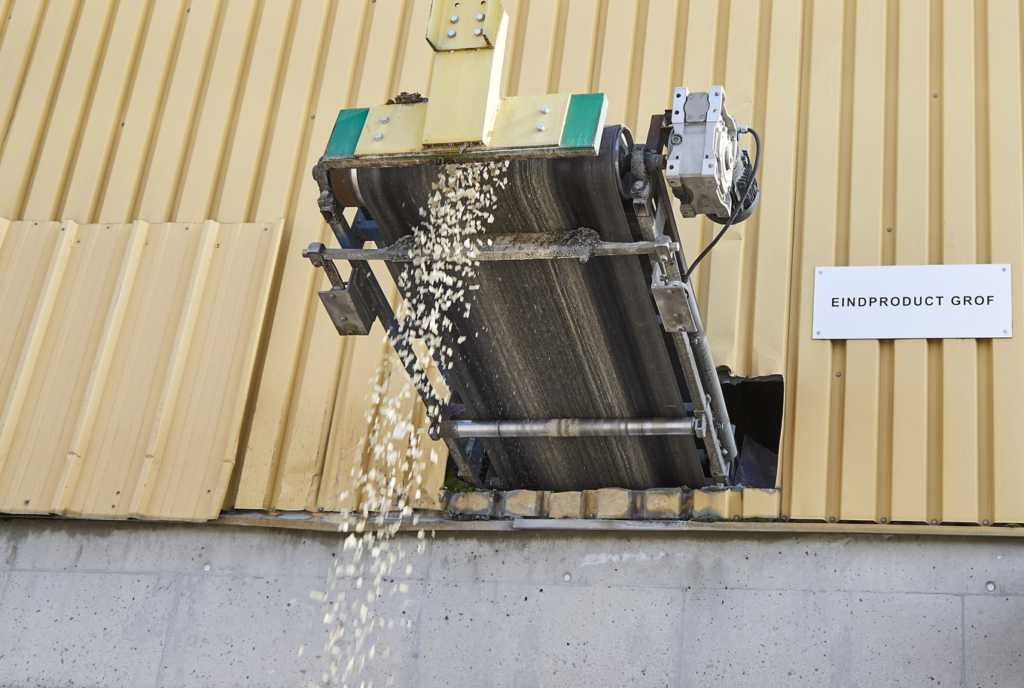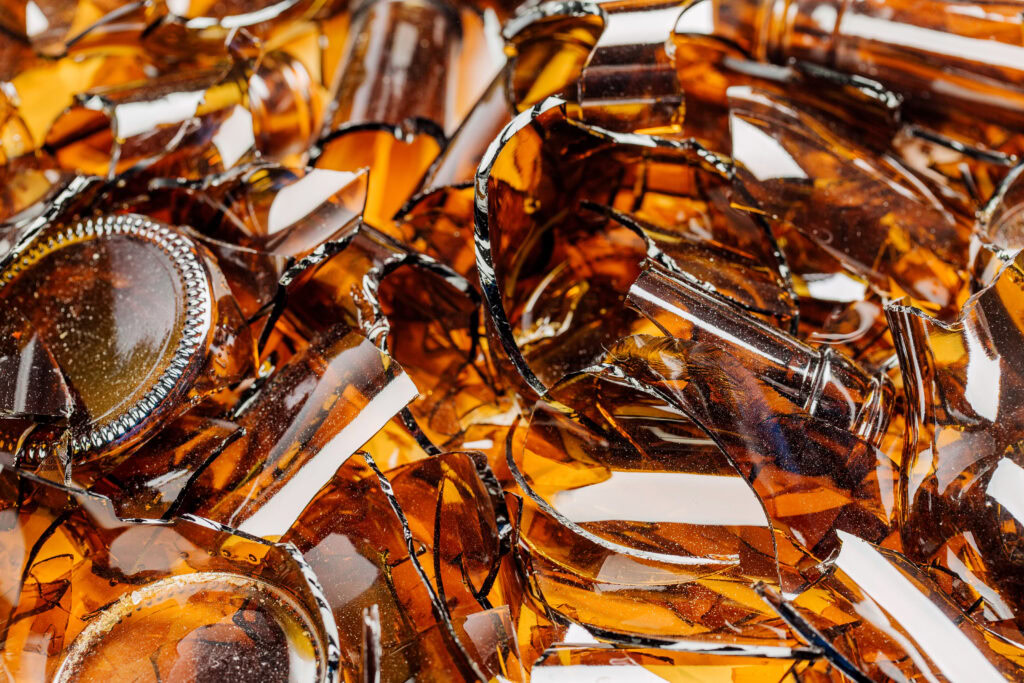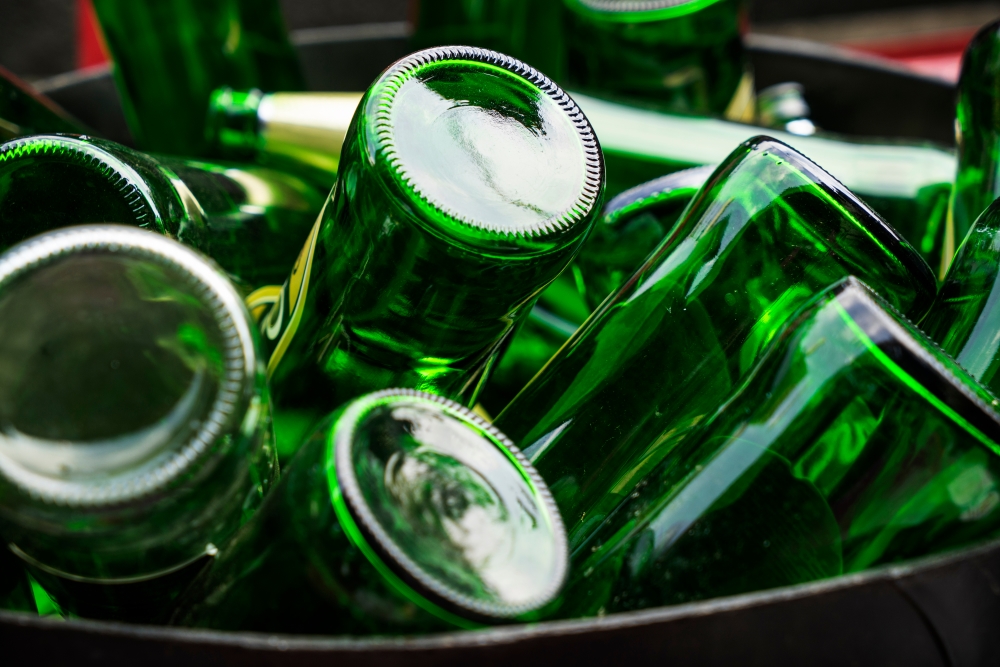 Graham May of turkey producer Bernard Matthews with Aqua Enviro process scientist Matthew Smyth and the new recycled glass filter system. |
The Waste and Resources Action Programme, which ran the trial in the Great Witchingham site, said the findings supported its other trials showing that the use of recycled glass is commercially viable in replacing traditional filtration materials.
The recycled glass was used on the turkey farm as an alternative to traditional washed gravel as the base material for a reed bed. The five-month project was carried out with the assistance of consultants Aqua Enviro.
Andy Dawe, materials sector manager for glass at WRAP, said: “Reed beds are becoming increasingly popular, as they can be part of sustainable urban drainage systems. So there's potentially a large market for recycled glass as a base medium in these and other effluent filtration systems.”
The glass was found to have performed successfully in comparison to quarried gravel in removing suspended solids and biological oxygen demand from effluent before it was discharged into the local water course, according the WRAP.
Suspended soils have a negative effect on the environment by de-oxygenating water, with a consequent detrimental impact on fish habitat. Excessive growth of blanket weed brought about by suspended solids can also affect river flow, as silt and other particles build up when caught in it.
| Related links: |
Graham May, Bernard Matthews general manager for maintenance and management services at Great Witchingham, said: “We like to take a proactive approach in improving water quality and were therefore eager for the trial to be conducted at the site.
“It's often the case that high performance equals high cost, but the glass-based reed beds are relatively economic to install and operate, as well as offering a highly effective solution to managing effluent discharge,” he added.








Subscribe for free